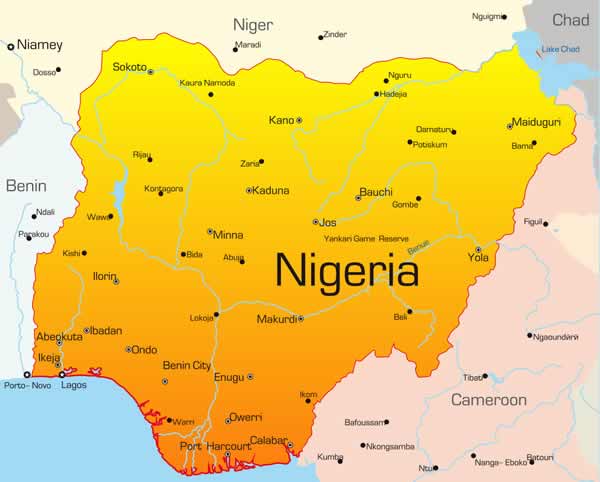
Daniel Alarcon
Anyone who has worked in the public or private sector in Nigeria would have had a taste of “ethnic victimisation”, however short-lived. In my case as a serving National Youth Corps Service member, in Delta State, my first taste of it gave me a rather rude shock. It took place in a supposedly unlikely place, “the church”.
The Nigerian Christian Corpers Fellowship was a massive national carriage of youths from all parts of the country, held together by a common vision to reach the interiors of their host community, with the gospel. But what went wrong?
A handful of my compatriots had held secret plots, and expressed their sentiments in rather very strong terms, against my being elected a leader ahead of their own kinsmen, in a group in which their ethnic group held a majority, so to speak.
I was from another ethnic group, and that meant a lot. I was therefore from the “wrong tribe”.
Religion, I thought, should have been left alone in the potpourri of national milieu.
We often point wrong fingers at financial corruption, till-raiding, as centre-pieces of the many troubles that have racked Nigeria.
For instance, the state-adopted practice of putting on paper one’s state of origin or tribe in every document provides more than a national endorsement of ethnicity than it seeks to serve good purposes.
The backlash of ethnicity is the cumulative loss of the culture of excellence in our national experience. Language and personal affiliations become the standards for an exercise that should have otherwise been merit-driven.
Nigeria must this time expunge from its national charter the symbols and tokens of ethnicity. Starting with the church and other religious groups. Should certain “spiritually-qualified” individuals not be entitled to get to certain levels of leadership hierarchies simply because they are from another tribe?
The heads of the religious bodies in Nigeria must first institute by personal examples, the culture of detribalised leadership, by striking off the silent, often tacit clause, of ethnic exclusions from their leadership set ups.
The impact of a good example by the church, and its leadership bearing, will become viral, naturally cascading into the lowest ladder of the society, and to the foot soldiers, who take cue from the impressions and standards set by their much adored leaders.
Nigeria is providentially blessed with an enviable cream of influential religious leaders who are now goodwill ambassadors to the country’s fledgling image. We need such leaders to bring the weight of their influence to bear in setting important national landmarks.
This is crucial to this extent, given the fact that the present Nigerian system is religion-energised.
Evidently, a good number of Nigerians would rather take to the words of their spiritual leaders than anyone else. Nigerians are people with a soft spot for religion. This becomes an important watershed in the moral and value transformation rhetoric of the nation.
Winning this war against ethnicity in the church and in other religious bodies is one right foot at the door to our national redemption.
END

Be the first to comment